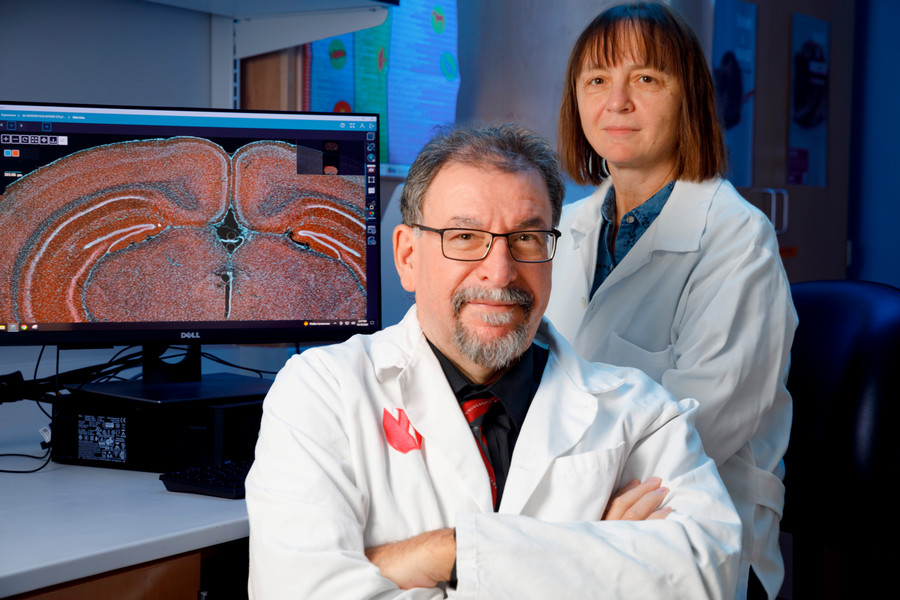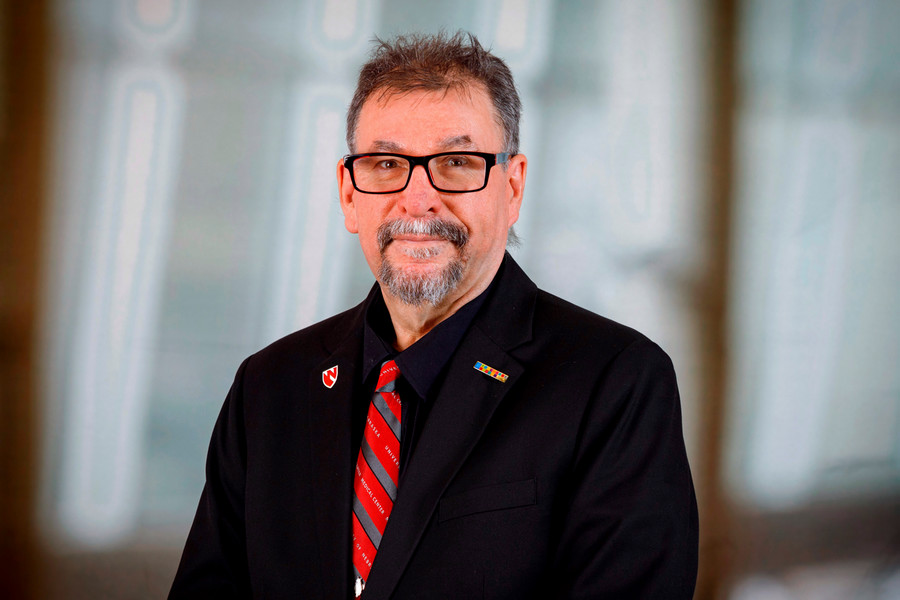Mirnics-Korade Lab

Our mission is to advance the understanding and treatment of neurodevelopmental and neuropsychiatric disorders through rigorous research and innovative methodologies.
The research laboratory, jointly run by Drs. Károly Mirnics and Zeljka Korade, is a productive, NIH-funded laboratory at the Munroe-Meyer Institute for Genetics and Rehabilitation at the University of Nebraska Medical Center.
Approach
Our research focuses on several key areas to deepen our understanding of brain disorders. We investigate molecular changes across various human brain disorders, utilizing advanced transgenic animal and cell culture models to explore both neurodevelopmental and psychiatric conditions. Our studies examine how interactions between genes and environmental factors affect brain development. Additionally, we explore the effects and side-effects of prescription medications on the developing brain and body of the unborn child, and how does the individual genetic variants influence this process. This comprehensive approach allows us to address the multifaceted nature of brain disorders.
Our Team
We believe that the successful researcher should work hard, be smart, curious and honest, plan ahead, play by the rules, respect co-workers and have a happy and fulfilling private life outside the work environment.
Dr. Mirnics established his laboratory in 2000 at the Department of Psychiatry at University of Pittsburgh, moving it to Vanderbilt University in Nashville in 2006 after becoming associate professor. In 2016, Dr. Mirnics joined UNMC's Munroe-Meyer Institute as its fourth director.
Faculty, Staff and Student Research
Explore research publications focused on many aspects of disability performed by MMI's faculty, staff and students in the Mirnics-Korade Lab.
- Károly Mirnics, MD, PhD, Hattie B. Munroe Professor
- Zeljka Korade, DVM, PhD, Professor of Pediatrics
In the News
New Fentanyl Disorder Studies in Omaha; 'It's terrifying'
UNMC leads national research team to explore newly discovered syndrome
Károly Mirnics, MD, PhD
Hattie B. Munroe Professor
Dean and Director, Munroe-Meyer Institute
Professor of Psychiatry, Biochemistry & Molecular Biology, UNMC

Student Opportunities
Explore opportunities at MMI for post-doctoral fellows, doctoral interns, graduate and undergrad students to assist faculty in research efforts.